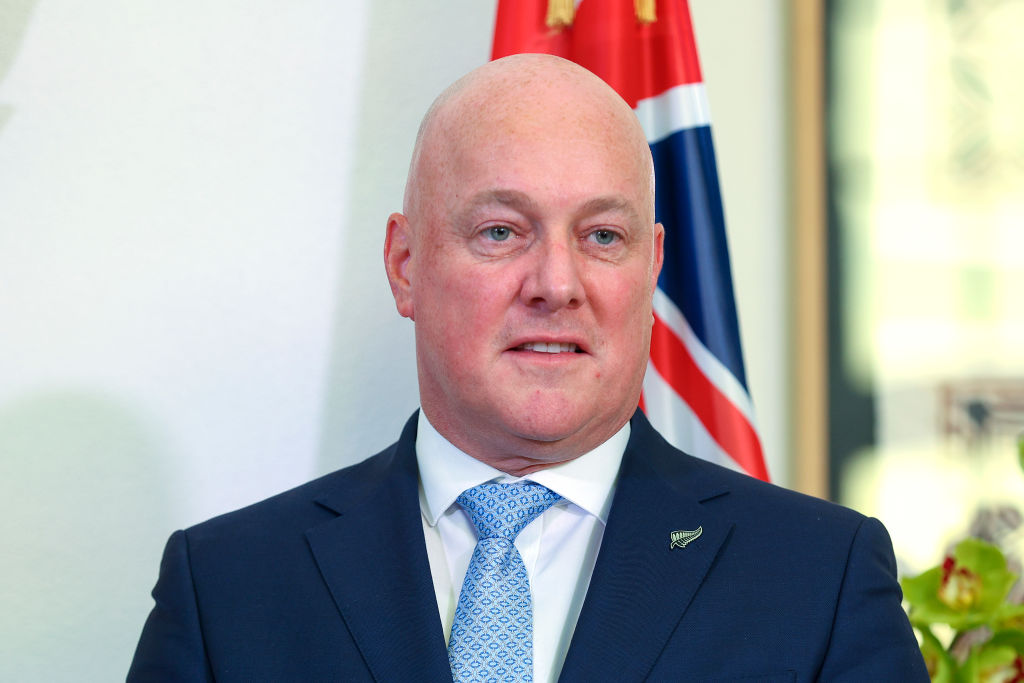Beijing seems to see impending U.S. tariffs as an opportunity to win allies in the Indo-Pacific.
Chinese Communist Party (CCP) Leader Xi Jinping has told New Zealand Prime Minister Christopher Luxon that his country should view China as an “opportunity” rather than a threat.
It comes after the conservative-leaning New Zealand government continues to realign its strategic outlook more in tune with the United States and Australia, rather than attempt to distance itself from its traditional allies.
The two leaders met face-to-face over the weekend in Lima, Peru, at the Asia Pacific Economic Cooperation (APEC) meeting.
Beijing appears increasingly interested with its relationship with smaller nations in the Indo-Pacific amid impending tariffs from the incoming Trump administration.
Earlier, the CCP-owned newspaper China Daily praised Australian Prime Minister Anthony Albanese for his supposed “strategic autonomy” from the United States.
Meanwhile, New Zealand’s Luxon has had roughly a dozen bilateral meetings at APEC and told reporters that President-elect Donald Trump’s tariff policies weren’t raised at any of them.
However, he confirmed that increasing protectionism and the breakdown of the rules-based order were major issues—a polite way for smaller nations to talk about their concerns about Trump’s policy.
One in every four jobs in New Zealand depends on trade. Adding 10 percent to the price of everything it sells in the United States, its third-largest export market, could have far-reaching consequences.Luxon spent most of his two days in Peru encouraging the leaders of small exporting economies to work together and thus wield more influence and power.
He also warned that international umpires like the World Trade Organisation (WTO), which has traditionally imposed order, needed to grow and strengthen.
Beyond trade, New Zealand likely raised its usual list of concerns—human rights, missile testing, aggression in the Pacific—and just as likely that Xi either minimised their importance or denied them altogether.
Beijing’s standard response to concerns about its actions in the Indo-Pacific region is to blame alliances between the United States and its allies for the problem, to which it claims is only responding to.
Xi also raised concerns over New Zealand’s interest in joining Pillar Two of AUKUS, the technology sharing and non-nuclear component of the pact.
However, Luxon told the media that he sees the agreement as a net positive for stability and security in the region—assuming the United States is capable of delivering Pillar One (nuclear submarines) and that the new president and defense secretary don’t take a different view of its value from that of their predecessors.
Meanwhile, regarding China, Xi’s first attempt to win over New Zealand seems to have failed. Luxon, maintaining the current status quo, indicated that while Beijing may be a partner and represent opportunity from a trade perspective, it is still seen as a potential threat to the stability of the Indo-Pacific.

